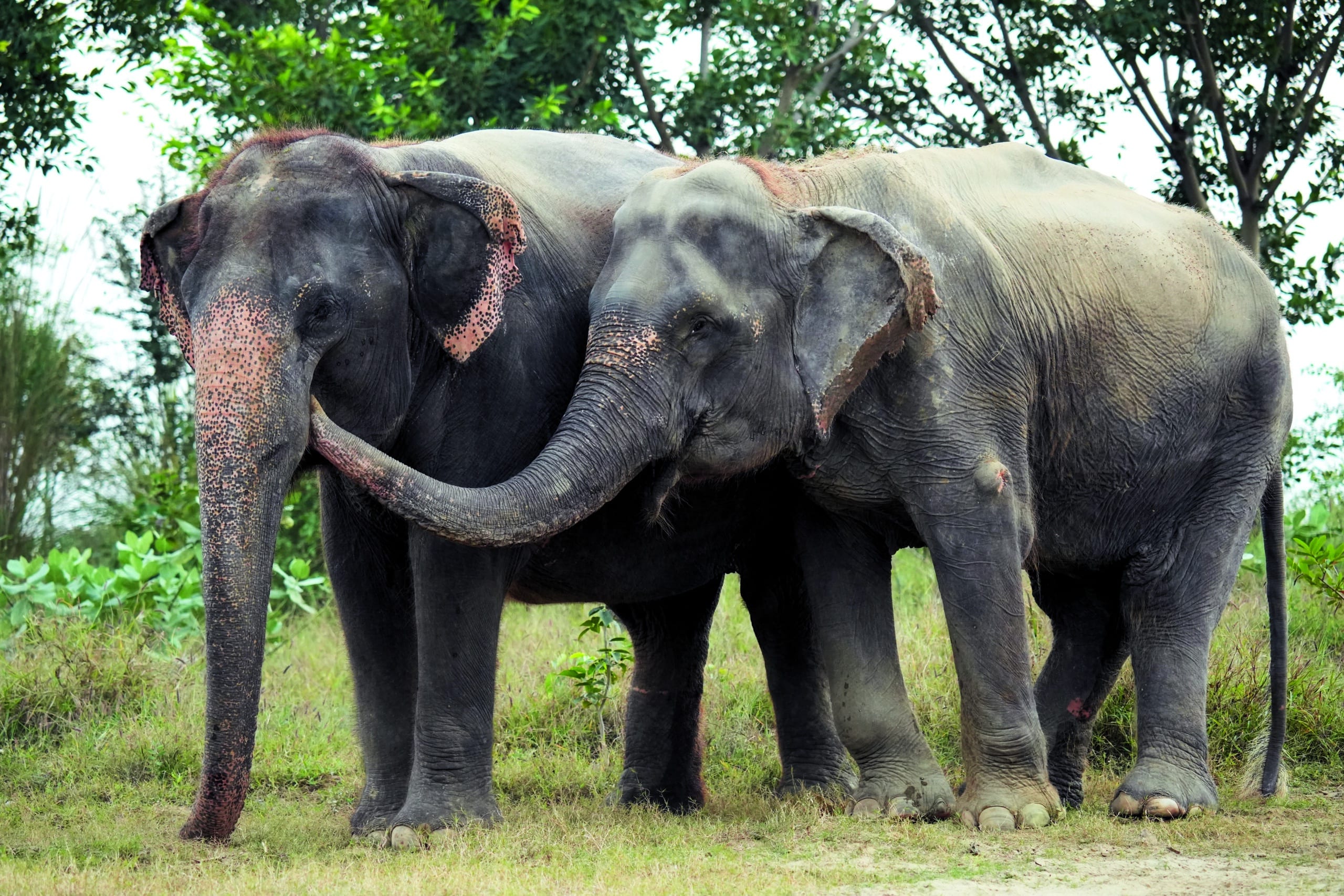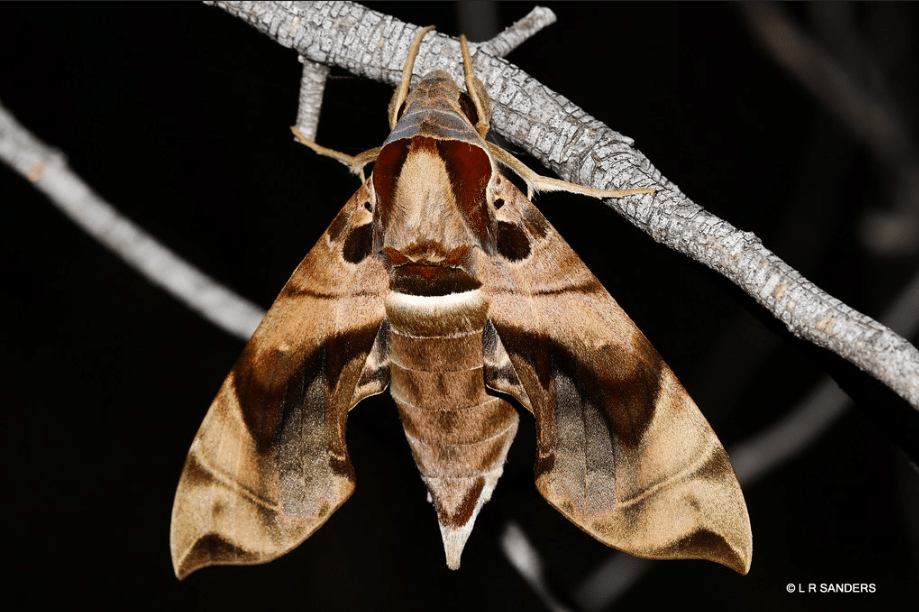You might remember Kalpana—I am happy to report that this year she celebrates her fifth rescue anniversary at Wildlife SOS. Formerly exploited and abused as a ‘begging’ elephant in Uttar Pradesh, Kalpana was rescued in 2019 and brought to the Wildlife SOS Elephant Hospital Campus (EHC) in Mathura for comprehensive...
As more corporations across the globe commit to a cage-free future, it only highlights just how out-dated Australia’s animal welfare standards are for egg laying hens. By the end of last year, more than 300 companies around the world had pledged to require better welfare for laying hens, including Barilla, TOKS, Unilever, and McDonalds. This represents tremendous progress that will benefit billions of animals around the world.
There are around 7.6 billion hens used in egg production around the world, with most kept in small, barren, over-crowded ‘battery’ cages, provided with less space than the size of an A4 sheet of paper or a standard iPad. Caged layer hens are among the most intensively confined animals in agribusiness.
Australia’s top three leading supermarkets committed to going cage free: Coles have no cage eggs under their own-brand, Woolworths ended cage egg sales in 2018, and Aldi will be cage free by 2025. Subway, Grill’d and IKEA use only cage free eggs across more than 1500 outlets across Australia, Hungry Jacks are now cage free, McDonald’s went cage free in 2017, Simplot (Lean Cuisine and Leggo’s brands) use only cage-free eggs for all of their ingredients. Mars and Unilever have committed to cage free effective in 2020.
As well as the cruelty of the confinement itself, the overcrowding often makes the hens prone to more virulent diseases with such huge numbers housed together. The unnatural conditions routinely lead to multiple problems, including foot and feather damage from the wire cages. And with their small, confined bodies being denied basic amounts of exercise and the fact they are made to produce so many eggs, osteoporosis is prevalent, and they are prone to painful broken bones. Essentially, their behavioural and welfare needs for nesting, foraging, perching, and dustbathing can only be met in a cage-free environment.
This is precisely why battery cages have already been phased out in the UK, New Zealand, Canada, Austria, Belgium, the Czech Republic, Denmark, Estonia, Finland, France, Germany, Greece, Hungary, Iceland, Ireland, Italy, Norway, Poland, Portugal, Spain, Sweden, Switzerland, several states across the United States, with more countries joining all the time.
Meanwhile, here in Australia, more than 10 million egg-laying hens remain in battery cages housed in about 88 cage egg farms across the country. The Australian Standards and Guidelines for Poultry have undergone a seemingly never-ending review which kicked off back in 2015, but with overwhelming public support and strong scientific evidence, we are expecting to see agreement on a new standard before the year end which will surely can the cage!
The development of the standards has been managed by Animal Health Australia (AHA), and by 2017 was mired in controversy. Scientists stepped forward to say their research was distorted in favour of caged egg production. The RSPCA found the process was being ‘heavily influenced’ by industrial egg producers and threatened to leave the poultry standards advisory group. The ABC’s 7.30 program reported egg industry collusion with NSW government departments to sabotage efforts to phase out cruel battery cages. Emails between state government departments exposed through Freedom of Information requests revealed the level of ‘stage-managing’ that had taken place to influence the new draft standards in favour of the egg industry.
Thanks to supporters like you, an astounding 167,000 public submissions hit the desk of the AHA during the public consultation phase in 2018. Since then, an independent scientific panel was established to take the politics out of the process, and we welcomed the news that they have recommended a battery cage phase-out! This recommendation is set to be considered by agriculture ministers in coming weeks, and if it is agreed and adopted by all states and territories, we could finally see a phase-out of battery cages set in legislation. Your support now is crucial because we need your help to convince the state and territory agriculture ministers to get this over the line. Hens will be counting on you so please take action for them today!
Georgie Dolphin is a passionate animal advocate and has been part of the team at Humane Society International since 2012. She grew up on a farm in the UK and gained an honours degree in Animal Science at Leeds University. In her role as Program Manager for Animal Welfare, Georgie’s responsibilities include campaign work on donkeys, farm animals, free range food labelling, and the fur trade, as well as the operation of the organisation’s true free range program, Humane Choice.
Image credit: Animal Liberation


